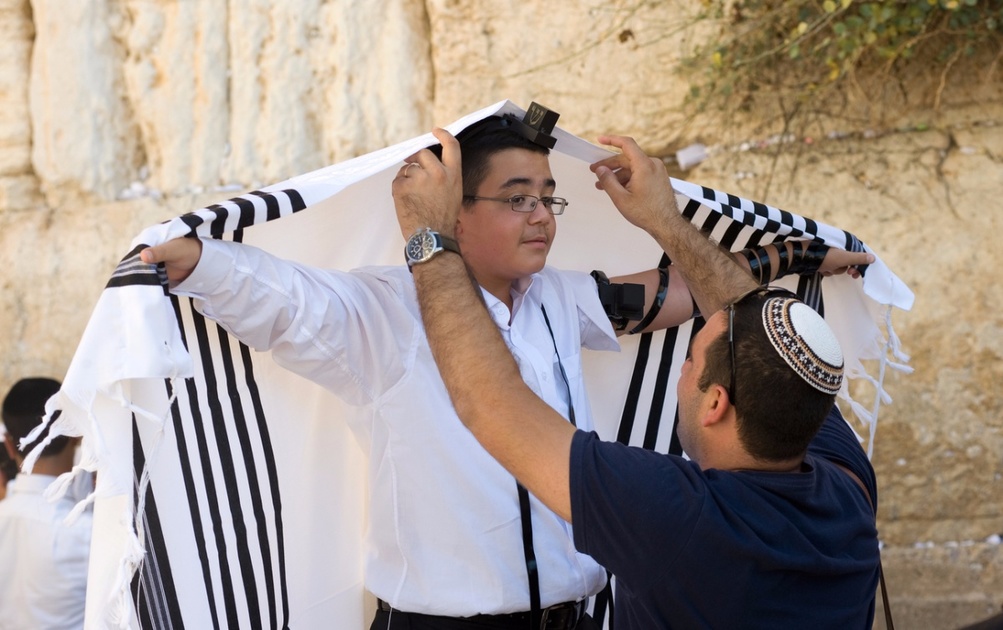
(In our last post, we began to discuss the importance of connecting. There was an understanding that we would not go into specifics, until – this – the next post. What follows is a conversation about connecting with Hashem.)
Whether you understand the story of Bereishit in its most literal sense – that everything started a little more than 5775 years ago – or whether you believe in things like the Big Bang, supernovas and evolution, it’s hard to escape the presence of Hashem. After all, if you could find a being who creates building blocks that assemble themselves, over whatever course of time, into larger more complex building blocks, that are held together, even as they are pushed apart, by vast amounts of energy, that combine and recombine with each other, that unfurl and unfold into organisms that think, eat, breathe and reproduce themselves in miniature (You may now exhale!), wouldn’t you want to get to know that Being? I know that I would.
That’s where Torah and Mitzvot come to play. The word Mitzvah, at a surface level, means commandment. At a deeper level, and here we are tapping into Aramaic, it means connection. Each Mitzvah that G-d has provided us is a special string that binds us to Him, His wisdom, His Love and His majesty. In fact, as you wind the straps of your new pair of Tefillin around your arm and hand, one Tefillah that you chant – V’erastich – highlights how you are binding yourself to G-d, as it were. So, when we observe the Mitzvot, when we pursue the positive commandments and steer clear of the negative ones, we are connecting with G-d.
Mitzvot also help us connect to ourselves and others. They guide us toward living coherent lives. Here I mean that they provide a framework in which to fit together all the different puzzle pieces of our lives.
In contrast, when we gaze outside of our community, rarely a day goes by without another scandal emerging and (often) destroying the lives of well-known people. They could be sports stars, politicians and even community activists. Scandals happen, when someone is one type of person at work and another type of person at home; one type of person in public and another type of person in private. A team-oriented professional football player beats up family members who don’t listen to him. A politician who passes laws that encourage moral living, carries on a very secret, immoral life.
The 613 Mitzvot guide us toward honesty, openness, concern for others, awareness of self, and an overall sense of the dignity of all human beings There are few, if any, other systems that help us integrate all the different parts and places of our lives into a single, coherent whole.
(In our next post, we will talk about connecting with friends and with Wisdom.)
This series of posts is adapted from my contribution to: From Bar Mitzvah and Onward: Thirteen stories and insights for the road ahead, published by the Bitton family of Chicago.
 Previous
Previous

